Sant Joan de Déu Hospital in Barcelona
If you are the contact person for this centre and you wish to make any changes, please contact us.
Head of the Infectious Diseases and Microbiome research group and director of the Microbiology Laboratory at the Hospital Sant Joan de Déu in Barcelona.
Head of the Genetic Medicine Group at the Vall d'Hebron Research Institute (VHIR) and research coordinator for spinal muscular atrophy at the Neuromuscular Pathology Unit of the Sant Joan de Déu Hospital in Barcelona.
Doctor of Medicine specialising in Paediatrics, Rare Diseases and Molecular Genetics, research professor at the CSIC and chair of the Scientific Advisory Board of the Únicas Centre, Sant Joan de Déu Children's Hospital
Paediatric cardiologist and head of the Arrhythmia Unit at the Sant Joan de Déu Hospital in Barcelona
Scientific Director of the Oncology and Hematology Department of the Hospital Sant Joan de Déu Barcelona
Head of section and coordinator of the ADHD Unit in the Child and Adolescent Mental Health Area
Head of the Allergy and Clinical Immunology Department at the Hospital Sant Joan de Déu in Barcelona.
Paediatric neurologist at the Hospital Sant Joan de Déu and the Centro Médico Teknon
Specialist doctor in charge of the Leukaemia and Lymphoma Unit at the Paediatric Oncology Department of the Hospital Sant Joan de Déu Barcelona.
Pediatrician at Sant Joan de Déu Hospital in Barcelona
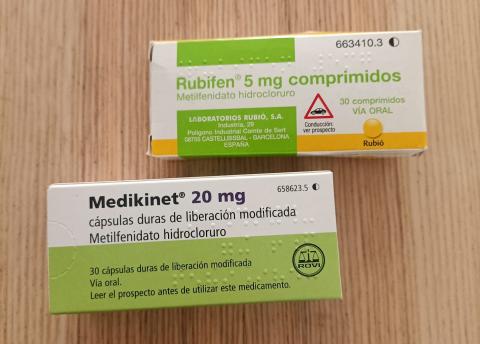
The use of ADHD medication increased ‘substantially’ in five European countries between 2010 and 2023 — including Spain — especially among adult women, according to a study funded by the European Medicines Agency. In Spain (based on data from the SIDIAP in Catalonia), the median age of people using these drugs during the study period was 14, similar to Germany and the United Kingdom, but younger than in Belgium (19) and the Netherlands (20). One-third of these people are women, and one-quarter had previously been prescribed antidepressants. The analysis is based on prescription data for five medicines and is published in The Lancet Regional Health Europe.
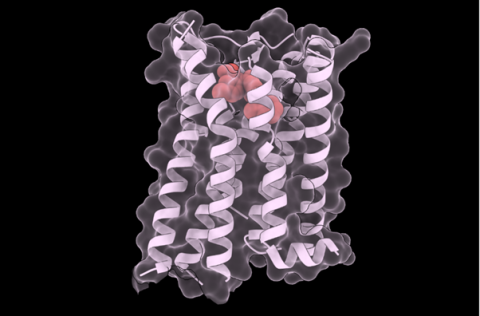
Most rare diseases are caused by mutations in DNA, but the same gene can mutate in different ways, which complicates treatment. Now, a team from the CRG in Barcelona has shown that an already approved drug is capable of stabilising almost all mutated versions of a human protein—specifically, the vasopressin V2 receptor, which is linked to a rare disease called nephrogenic diabetes insipidus. According to the researchers, who published their findings in Nature Structural & Molecular Biology, the study is the first proof of concept demonstrating that a drug can act as a ‘near-universal’ treatment, which could accelerate the development of therapies.
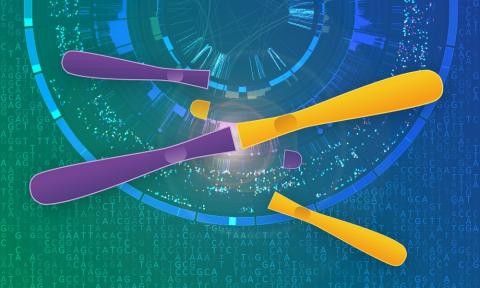
Osteosarcoma is a rare bone tumor that, when it appears, usually affects children and young adults. Due to its complexity, hardly any advances in its treatment have been made in the last 40 years. A team of researchers with Spanish participation has now described the mechanism that would explain its aggressiveness in approximately half of the cases. In addition, they propose a marker that could be used to predict prognosis. The results are published in the journal Cell.

The regulatory agencies for medicines in the United States and Europe have issued statements informing about a possible risk of developing certain types of tumors following CAR-T cell immunotherapy treatment. What do we know so far? What is the real risk? Does the benefit-risk balance still hold? Has anything changed after these alerts? We answer these questions with expert opinions and the data currently available.
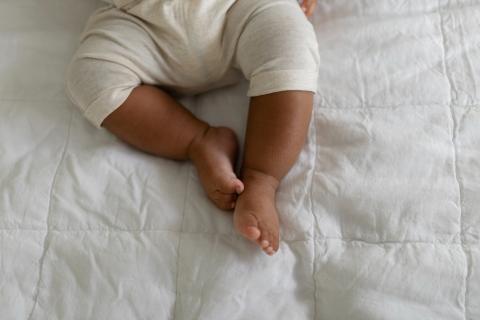
A case-control study published in JAMA Pediatrics reports a relationship between certain aberrant metabolic biomarkers at birth and sudden infant death syndrome (SIDS). Although the research is preliminary and no screening test for this syndrome is yet available, the researchers believe their study is an important step toward integrating metabolic and genetic markers to identify infants at higher risk of sudden death.
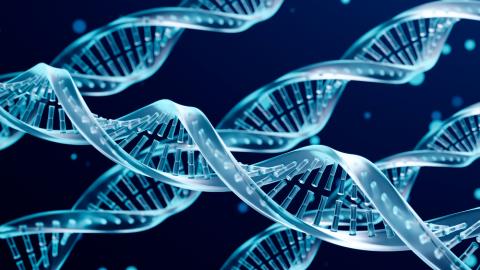
Hurler syndrome is a rare and very serious disease caused by an enzyme deficiency, which results in a wide variety of signs and symptoms. Treatment with bone marrow transplantation helps to alleviate some of them, but has little effect on skeletal disorders. Now, a phase I/II trial has tested an autologous transplant of blood stem cells corrected by gene therapy in eight patients. The results, published in the journal Science Translational Medicine, suggest that the treatment is more effective and could also improve these types of disorders.
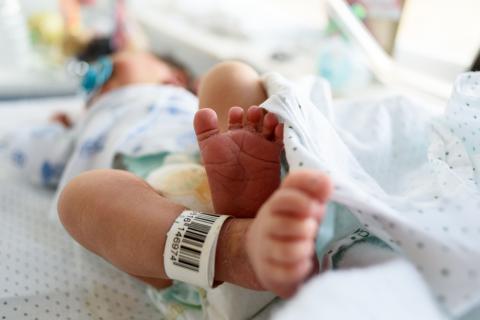
On 5 April, the UK National IHR Focal Point informed WHO of an increase in severe myocarditis in neonates associated with enterovirus infection in Wales (UK). Between June 2022 and April 2023, ten hospitalised neonates with a positive PCR for enterovirus were found to have myocarditis. Seven of the ten cases were confirmed to have coxsackievirus B3 or coxsackievirus B4. As of 5 May 2023, one patient remained hospitalised and one patient had died. According to the WHO statement, although enterovirus infections are common in neonates and infants, the reported increase in myocarditis - inflammation of heart muscle tissue - with severe outcome associated with enterovirus infection is unusual.
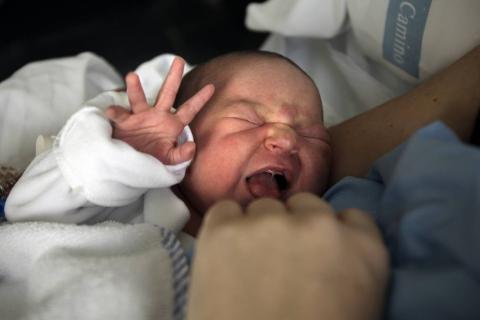
A phase 2 clinical trial has analysed the safety and efficacy of adding immunotherapy to traditional chemotherapy to treat a subtype of acute lymphoblastic leukaemia in children under one year of age. This subtype of leukaemia, although rare in absolute terms, is the most common in children of this age, and its prognosis in this age group had not improved in recent years. The immunotherapy used, a bispecific antibody that binds to tumour cells on the one hand and T lymphocytes on the other, improved two-year survival from 66% to 93% in treated patients, according to The New England Journal of Medicine (NEJM).
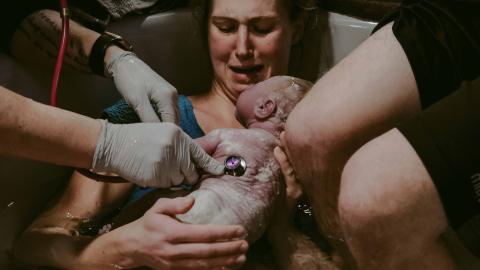
About 58.5% of a baby's microbiota come from various parts of its mother's body, according to a study of the transmission of microbes between mother and child in the first month of life. The research, published in Cell Host & Microbe, is based on samples collected from 120 mother-baby pairs, with material from their nose/throat, saliva, skin, milk, vagina and faeces. It compares babies born by caesarean section and vaginally, and confirms that the reduced transfer of faecal microbes in caesarean births can be partially compensated by other transmission routes, such as breastfeeding.

An international team including researchers from Spain has analysed the level of exchange of microbial strains between different generations (vertical transmission) and between people who share a household or are close contacts (horizontal transmission). The analysis, published in the journal Nature, is based on about 9,700 microbiome samples from the faeces and saliva of people with different lifestyles from countries. According to the research, the transmission of bacteria is more frequent for the mouth microbiome than for the gut microbiome among people living together.